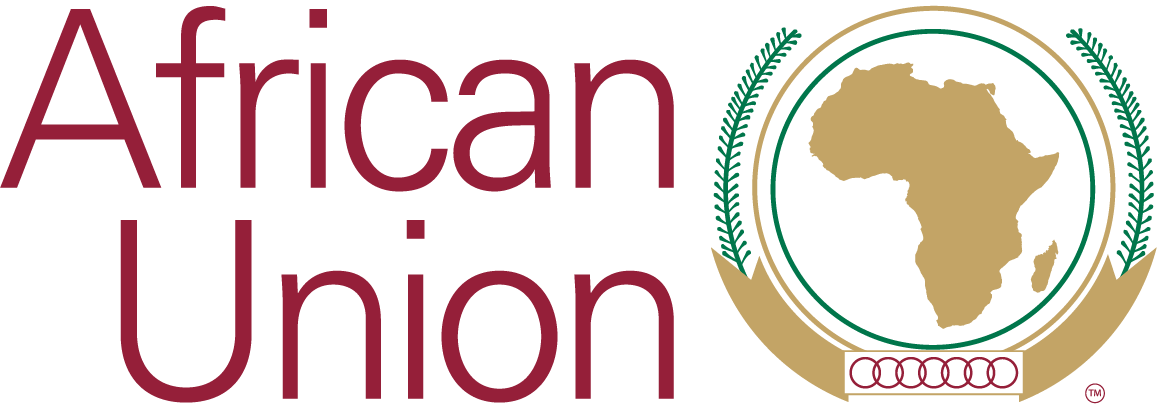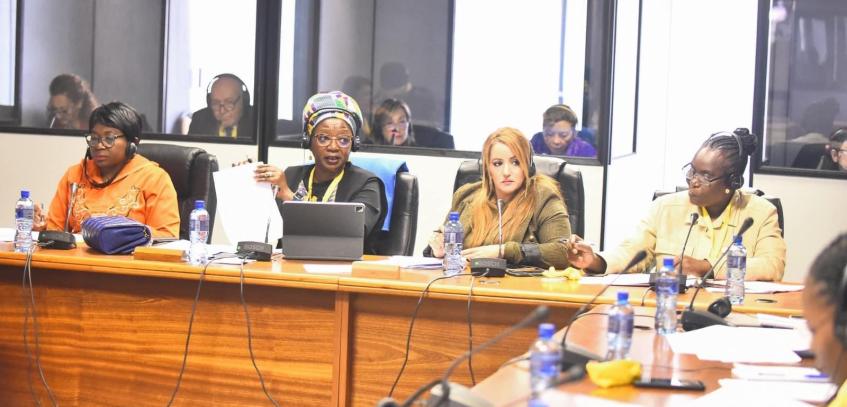The Pan-African Parliament (PAP) initiative to draw up a Model Law on Gender Equality to enable national governments to harmonise, modernise and standardise their legislations to address local needs is set to be discussed in Plenary. This comes as the Committee on Gender, Family, Youth and People with Disability in its sitting considered, adopted and recommended to the Plenary Session the preliminary report on the Framework for the Model Law on Gender Equality.
The meeting took place on the sidelines of the Sixth PAP Second Ordinary Session being held under the African Union Theme of the Year for 2023, “The Year of AfCFTA: Accelerating the Implementation of the African Continental Free Trade Area” in Midrand, South Africa and will run up to 2 June 2023. Chairperson of the Committee, Hon Mariam Dao-Gabala expressed satisfaction with preliminary processes undertaken so far towards the formulation of the Model Law.
"The law should be suitable to all countries whatever the predominant culture or religion is. The aim is to give an opportunity to women to participate in the economic, political and social development of the continent. Women are not well positioned and face a lot of obstacles. We are introducing the idea of equity in the Law because we cannot talk about equality without equity," said Hon Mariam Dao-Gabala.
Among issues to be covered by the Model Law is the migratory movements of women. The Committee proffered that this has to be addressed at the continental level to ensure that migrant women enjoy all their rights and live with dignity in their destination country. The members of the Gender Committee undertook consultations to consolidate the contributions of the various stakeholders that will be the logical framework format for the Model Law.
Amongst partners consulted were the Food and Agriculture Organization, the International Labour Organization, Centre for Human Rights at the University of Pretoria and UN Women. Meanwhile, the Committee also considered a capacity building workshop report on the Ratification of the Legal Instruments of the African Union (AU) by AU Member States. The report was also recommended for tabling before Plenary. The capacity building centred on scrutinizing the various existing protocols and treaties adopted by the AU and the role of Parliamentarians in the ratification process of these instruments at country level.








